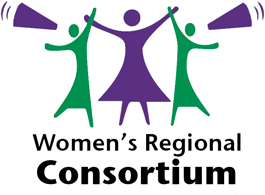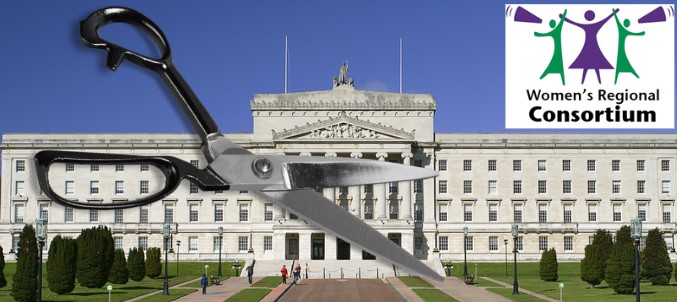We are currently facing unprecedented cuts to each Executive Department which will result in incredibly harmful impacts, disproportionately impacting on the equality of women and other protected groups. Women’s place in education, training and work has not always been guaranteed, and there are still great inequalities that persist in these areas. The proposed cuts pose a serious threat to women’s and girls’ abilities to participate fully in the areas of education, training, and work.
While girls tend to perform better than boys in primary and secondary education, they are still at risk of worsening the equality of disabled girls and girls from low-income families. The Department of Education’s decision to cut SEN funding by 50% will disproportionately impact disabled girls and boys who face an upcoming school year where necessary support services may not be provided, leading to greater inequalities between them and children with no additional needs. The Department’s decision to cut schemes like the Holiday Hunger Payment will have a serious impact on girls and boys from low-income families, many of whom rely on that scheme for food during the school holidays. This will also have a knock-on effect on the mothers, as we know that mothers will go without food before their children do.
A 2021 research paper from Professor Ann-Marie Gray, Professor Joan Ballantine and Dr. Michelle Rouse from Ulster University highlighted the gender inequalities and gender imbalances present in Apprenticeships and HLAs. The Department for the Economy has decided not to launch the ‘All Age Apprenticeships’ provision, which would have removed age restrictions on Apprenticeships and allowed for an additional 1,600 apprentices per year over the age of 25. This has a particular gendered impact as the Ulster University working paper found that women are more likely to do an apprenticeship when they are older (25+). However, this clear gendered impact was not identified in the Department’s EQIA.
Ultimately, the budget crisis will have a significant impact on women’s involvement in the labour force. The complete lack of resources attached to new policies like the Gender Equality Strategy and the Childcare Strategy will stifle efforts to remove barriers to women entering work. The proposed cuts are a serious rollback on women’s and girls’ full and equal participation in education, training, and work. We must push back against these cuts to protect further degradation to gender equality.
By Alexandra Brennan
Women’s Budget Group




